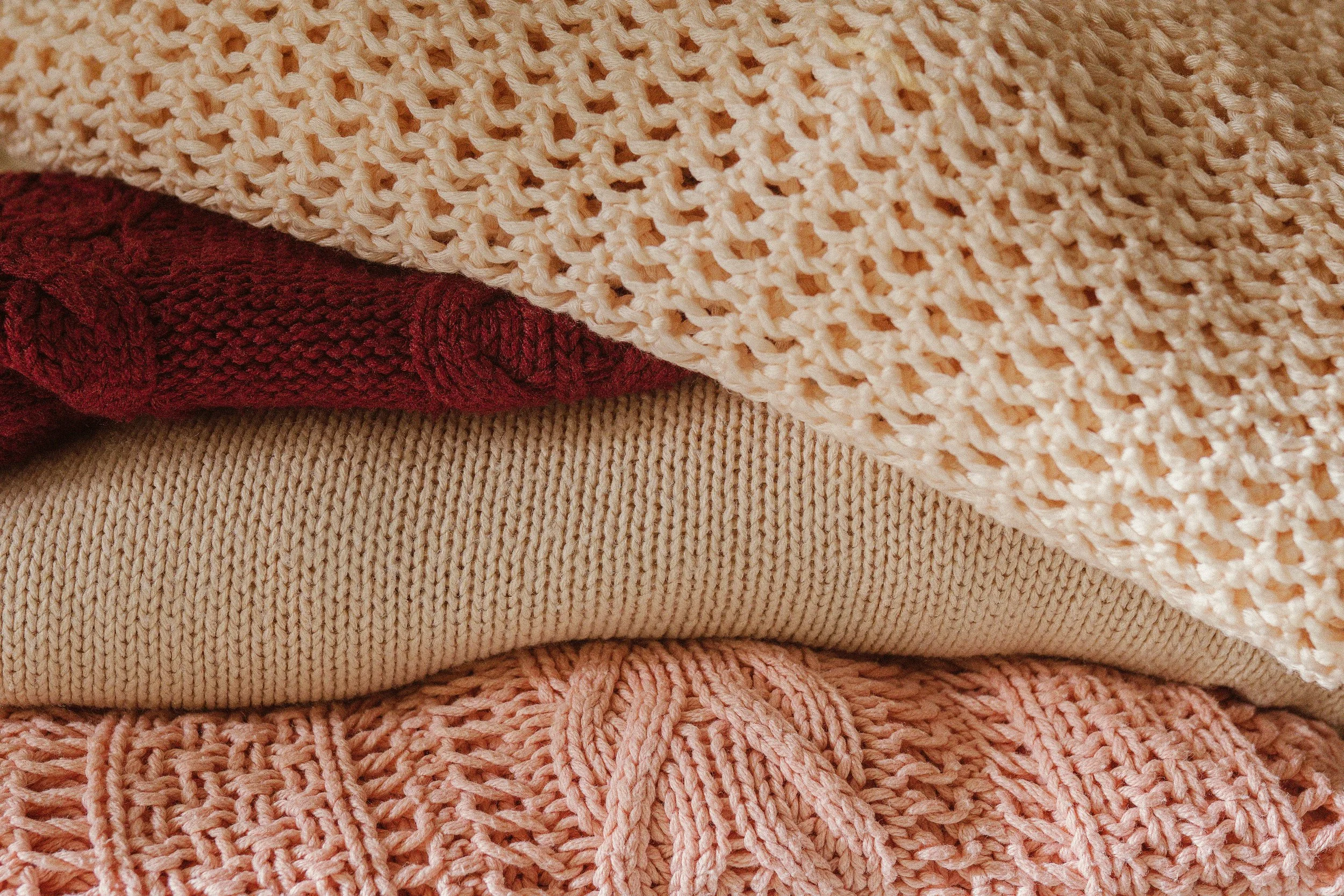Organizing for Every Mood: Adapting Your Closet for Changing Needs
GUEST POST: www.bridgetflynn.com of Divine Organizing
Organizing for Every Mood: Adapting Your Closet for Changing Needs
For those with Attention Deficit Disorder (ADD), managing daily tasks requires time and effort, and a deep understanding of how mood and energy levels impact those tasks. One area where this interplay becomes VIVIDLY clear is in organizing and choosing outfits from your closet. A closet that adapts to your fluctuating moods and energy states can make the decision-making process a lot easier, ensuring you're dressed for success and feeling your best! Let's explore how to create a mood-adaptive closet that serves your changing needs.
Understanding the Impact of Moods on Organization
It's no secret that our moods and energy levels ebb and flow, influenced by myriad factors ranging from sleep quality to our personal and professional lives. For someone with ADD, these fluctuations can profoundly affect the ability to stay organized and make decisions. A closet that requires minimal effort to navigate on low-energy days while offering inspiration and ease on better days can be a game-changer.
Setting Up a Mood-Adaptive Closet
Tip: Divide your closet into sections based on your typical moods and energy levels.
a) For instance, you could have sections for low-energy days, high-energy days, and creative moods.
b) Each section should be tailored to the type of clothing you're most likely to reach for under those specific conditions.
Benefit: This organizational strategy reduces the mental load of deciding what to wear by offering pre-selected options that align with how you're feeling.
Easy-to-Reach Essentials
Tip: Within your mood-adaptive closet, it's crucial to have an area dedicated to easy-to-reach essentials.
a) These are your no-fuss, go-to items that require minimal effort to look put together. Think of comfortable yet stylish pieces like soft tunics, stretchy jeans, or your favorite slip-on shoes.
Benefit: This section is particularly helpful on days when your energy is low, but you still need to face the world.
Feel-Good Items Section
Tip: Just as important as the easy-to-reach essentials is a special section for your feel-good items. These are pieces that instantly lift your mood and boost your confidence, such as a brightly colored dress or a shirt with a pattern that always earns compliments.
Benefit: By designating a specific area for these mood-boosting items, you ensure they're easily accessible for days when you need an extra emotional lift.
Credit: Julia Zyablova on Unsplash
Maintaining Flexibility in Your Closet Organization
A mood-adaptive closet is not a set-it-and-forget-it solution. It requires regular assessment and adaptation to suit your current lifestyle and emotional trends. This might mean swapping out items as seasons change or as your preferences evolve. The key is to maintain a flexible mindset, allowing your closet to grow and change with you. Remember, the goal is to support your needs and make your daily routine easier, not to adhere to strict organization rules.
Embracing Flexibility for Overall Well-being
The beauty of a mood-adaptive closet lies not just in its practicality but also in its ability to gently support your mental and emotional well-being. By acknowledging and planning for the natural fluctuations in your mood and energy levels, you create a space that respects and reflects your needs. This approach to organization is about creating an environment that nurtures and empowers you, regardless of the day's challenges.
Remember to be patient and kind to yourself. The process is about finding what works best for you and your unique needs. A closet tailored to your moods and energy levels is more than just a storage space; it's a testament to self-awareness and self-care, an everyday tool that can make a significant difference in managing ADD and enhancing your quality of life!
Website: www.bridgetflynn.com
Instagram: divineorganizingbybridget
Bridget Flynn has been organizing homes for a decade. Specializing in decluttering and deep transformation of a room, Bridget knows the ins and outs of decluttering and effective organization. Her approach isn't just about putting things in their places—it's about creating a space that radiates positive energy. Bridget understands that a well-organized home is visually pleasing, and a conduit for clear intuition and personal growth. She lives in Connecticut. In her free time, Bridget serves on the boards of local nonprofits and enjoys cocktails and baking.




